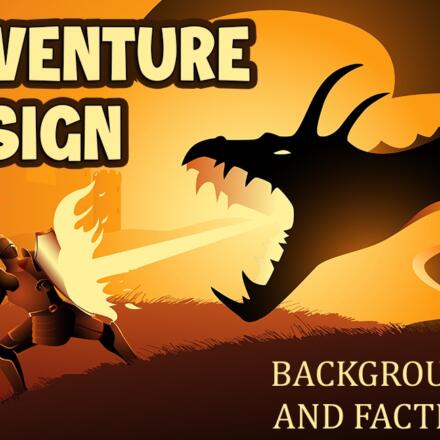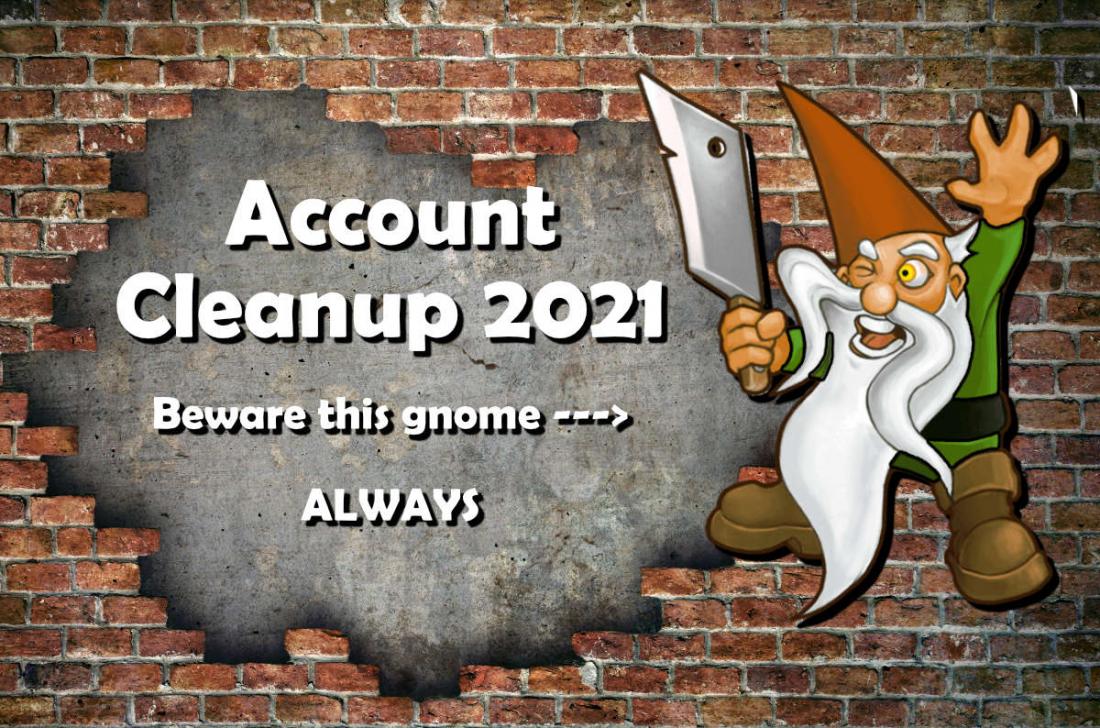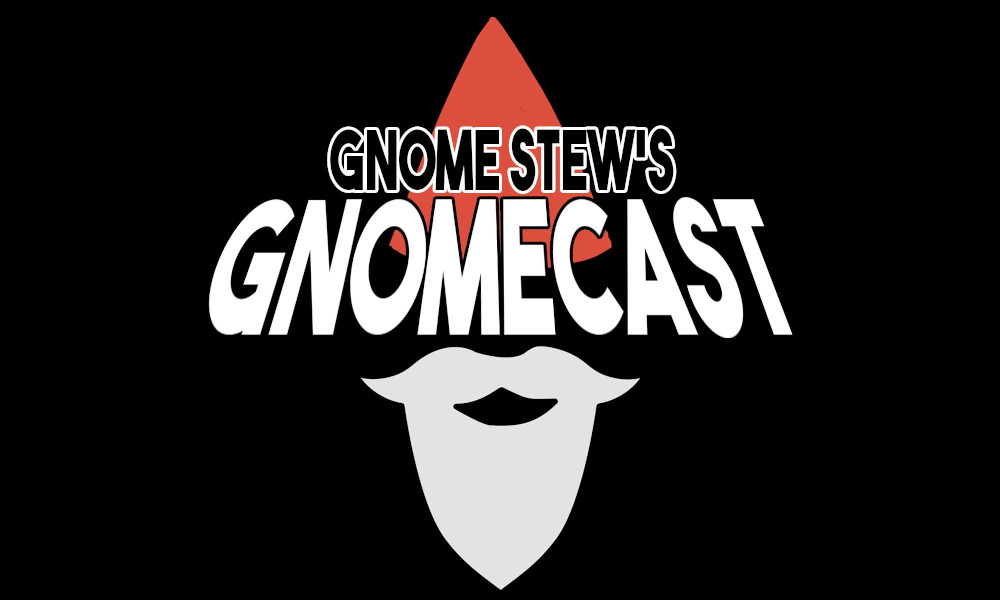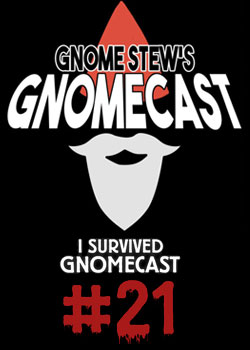
Metagaming usually gets a bad rap. When people say “metagaming,” visions of know it all players who have read the Monster Manual cover to cover and memorized the stats, abilities, and weaknesses of every monster dance through our heads. Who wants to play with that person? Where is the fun in having your sense of discovery short circuited by a badly timed “Well, actually” as you try to make your move in combat? The answer is, it’s not fun — for everyone else, at least.
You can certainly use out of character knowledge to game the game, as it were, and it frequently springs from lack of trust at the table. If you can’t trust your GM to want your characters to live, then it’s very logical to find every advantage you can. If you CAN trust your GM, and you are not in an adversarial game/GM player relationship, then metagaming becomes less of a problem and more of a potential perk. When you don’t have to spend your energy protecting your character (and by extension, yourself/your emotions), knowing something about the plot can give you the option to lean in on it and push harder.
I could make the rest of this article about improv and how it translates to the gaming table; how you can listen, build off each other, add details and escalate, and make each other look good, but if you want more specifics on improv at the table I’d rather recommend Karen Twelves’ Improv for Gamers 2nd Edition. Instead, let’s focus more specifically on collaborative storytelling and metagame knowledge.
Okay, but how?
First, when your GM asks you what you want to see in a game, that’s your opportunity to get a story arc you’re interested in. Don’t pass it up. Recently, fellow gnome Phil Vecchione asked me what I was interested in for my next spy mission in our weekly game, and I told him I wanted to pull off a Leenik Geelo (although not in so many words). Leenik Geelo is known for the standard plan of getting captured to get into a situation and then escaping to get out. On the Campaign Podcast (Star Wars), it’s a bit that comes up again and again for laughs, but in a more serious game it’s also the kind of thing Black Widow would do. The story that came out of this request was a mission to track down and extract a missing undercover agent — most quickly accomplished by simply setting myself up for them to take me to the same place and save me the effort of trying to track them down. (Note for GMs: you can ask your players directly what they’d like to see! It’s okay to get ideas and then run with them; if necessary, have a quick chat about expectations for the division of in and out of game knowledge, and then just try it. It helps if you need a creative boost, and guarantees you’re giving the players something they want to play — no mind reading or guessing here.)
Second, when your GM tells you this is the story you asked for, get a giant smirk on your face and lean in. Now is the time. I don’t know what the opposition is doing (either of the organizations), I don’t know exactly where they are, and I have no idea how I’m getting out – but I know how I am getting in. Now it’s my job, in character, to make sure that’s the most logical choice in this situation. Did I plan some back ups to get me out? Of course I did; there are ropes laid on the cliff side and my overwatch is monitoring, but that’s just mission prep.
Third, it’s okay to let your character be wrong or fail even when you, the player, know that that will be the result. Heck, sometimes it’s a lot more interesting. If your twin superhero sibling is evil and everyone at the table knows it, that doesn’t mean your character doesn’t love them and believe the world of them even as they’re telling you otherwise while falling with no parachute from a plane (ask me how I know). It’s easier to believe they’re still good than to let them break your heart! And it’s a really compelling and dramatic moment when you have to accept the reality that they’ve joined the Evil League of Evil.
Fourth, this kind of forecasting/vague planning to have joint direction is not limited to GM/player dynamics. It’s perfectly reasonable to have a quick side conversation with another player about how your character relationship is going and the direction you might want to move it in. Once, mid campaign, my in character fiance’s player looked at me and said, “I think this is going to put a strain on our relationship and we don’t end up together. Are you okay with that?” And we spent the rest of the campaign slowly eroding what had started as a syrupy sweet relationship to the point that we called off the engagement at the end (after a heartfelt conversation about how I didn’t feel safe with him – to be fair, he had developed mandibles and a taste for human flesh).
If you’ve ever listened to an actual play RPG podcast, there’s a good chance that you’ve heard the results of metagaming, even if it wasn’t left in the recording. When She’s A Super Geek was releasing, we would run into time limits or other situations, stop the game, and have a quick chat about where we thought the story should go, then play into that. Not every AP will do that, but since it’s meant to be consumed as audio content I know that mine was not the only one. What I learned from those experiences is that having a known, shared endpoint does nothing to interfere with my enjoyment of telling the story at all. It gave all of us the opportunity to play towards that known ending. It’s a technique I’m so glad I learned, because it’s something that comes up in varying forms in my home games too – probably a little less choreographed, but the style of conversation and the meta moment to get buy in from all the players is something I love.
In the end, communication always makes for a better game, whether it’s in character or out of character knowledge. TTRPGs are a medium based entirely on communication, so it’s no surprise that when the conversation is flowing the game feels easy. Meta knowledge can give you the direction to lean in and push the story in good ways, collaboratively.
When was the last time you used metagame knowledge to make your game better or help out your GM?
















